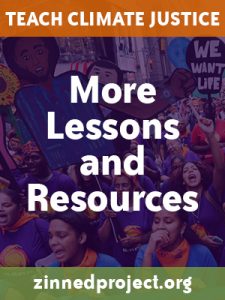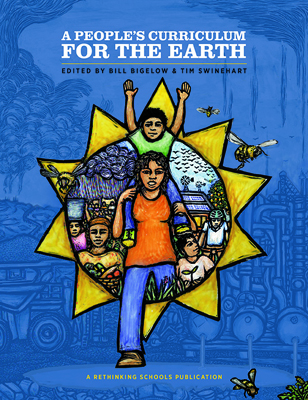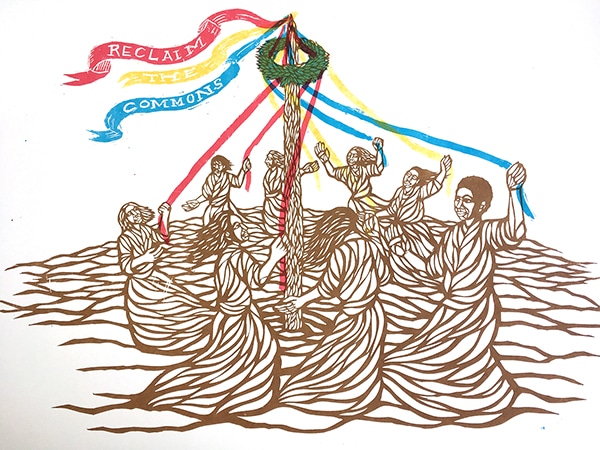
By Bill Bigelow
Following the 2018 midterm elections, national media missed one piece of very good news. By a margin of almost two-to-one, tens of thousands of Portland, Oregon, voters approved an imaginative clean energy initiative that offers a model for the rest of the country — at the ballot box, but also in our classrooms.
 Work on Portland’s Clean Energy Fund began in February of 2016 in a church basement when representatives of the Asian Pacific American Network of Oregon (APANO), the Native American Youth and Family Center (NAYA), Verde (a community-based environmental organization), the Coalition of Communities of Color, the NAACP, and 350PDX (the local affiliate of 350.org) met to discuss how work to fight climate change could simultaneously address racial and economic justice and create living wage jobs. The initiative was the first ballot measure in Oregon’s history launched and led by people of color. And it’s what we need a lot more of: conversations, activism (including curriculum) that lead people to recognize that the “just transition” away from fossil fuels can also be a move toward a society that is cleaner, more equal, and more democratic.
Work on Portland’s Clean Energy Fund began in February of 2016 in a church basement when representatives of the Asian Pacific American Network of Oregon (APANO), the Native American Youth and Family Center (NAYA), Verde (a community-based environmental organization), the Coalition of Communities of Color, the NAACP, and 350PDX (the local affiliate of 350.org) met to discuss how work to fight climate change could simultaneously address racial and economic justice and create living wage jobs. The initiative was the first ballot measure in Oregon’s history launched and led by people of color. And it’s what we need a lot more of: conversations, activism (including curriculum) that lead people to recognize that the “just transition” away from fossil fuels can also be a move toward a society that is cleaner, more equal, and more democratic.
Download article to continue reading.
 This article originally appeared in the Winter 2018-2019 issue of Rethinking Schools.
This article originally appeared in the Winter 2018-2019 issue of Rethinking Schools.












Twitter
Google plus
LinkedIn